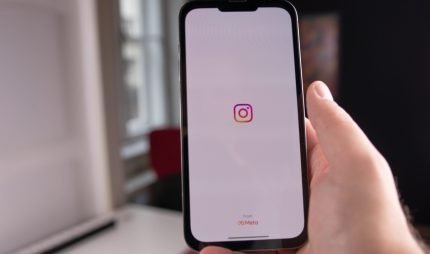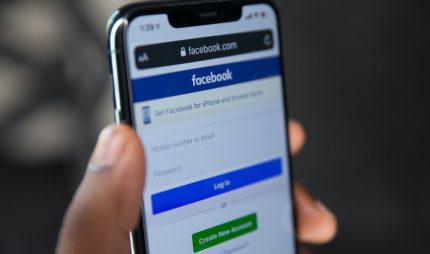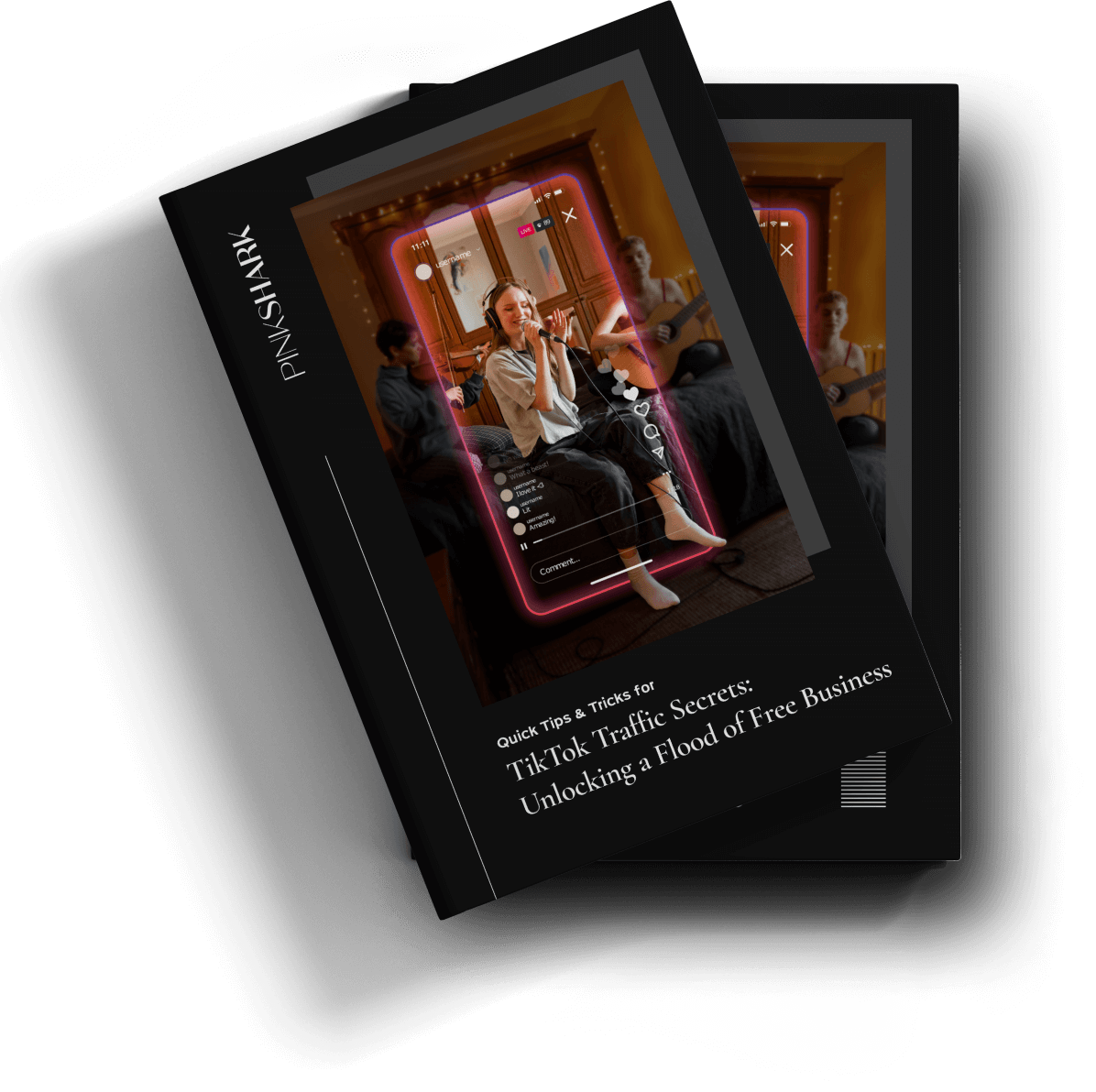Social media is a fickle mistress. When you put your faith in a Los Angeles social media company to manage your accounts, it can catapult you to blockbuster levels of exposure or put you through the ringer of Hollywood-style scandal. Many countries have learned these lessons individually, but I’d say that few have learned them simultaneously or handled the consequences with as much aplomb as Wendy’s internal social media team in January.
Depending on where you looked at the beginning of the year, you might have seen Wendy’s being lauded for its cool, acerbic wit, or taken to task for accidentally associating itself with groups that are widely associated with neo-Nazis. One Twitter user, @HitchDied, said it well when she accused the company’s social media team of getting “cocky” after a testy exchange with one of the restaurant’s detractors gained viral fame.
Afterwards, Wendy’s responded to a request for memes by tweeting an altered version of the “Pepe the Frog” image macro, which began its online life innocently enough but has since been co-opted by the Alt-right and declared a hate symbol. Let that be a warning to every local social media company: have a thorough understanding of the content you post before you use it to represent a brand. Wendy’s social media apparently did not do this, as indicated by the company’s subsequent apology.
But in an environment where little mistakes can blow up into public relations disasters, this doesn’t seem to have left Wendy’s much worse for the wear. In fact, the overwhelmingly positive “viral takedown” stories have arguably survived longer on most areas of the web. The social media team’s quick apology (backed up by individual apologies on Twitter) has probably helped with that. And there’s another lesson for local social media companies there, about the importance of attentive and direct PR.
But it also seems quite possible that Wendy’s viral fame, and its particular kind of viral fame, helped to insulate the company against the potentially disastrous effects of the Pepe meme. By humanizing the Wendy’s Twitter account and making it seem cool and casual, the company’s social media team may have encouraged people to see certain mistakes as honest missteps, like those that might be made by a clumsy friend, instead of seeing them as the tone-deaf communications of a faceless corporation or some dispassionate Beverly Hills social media company.



